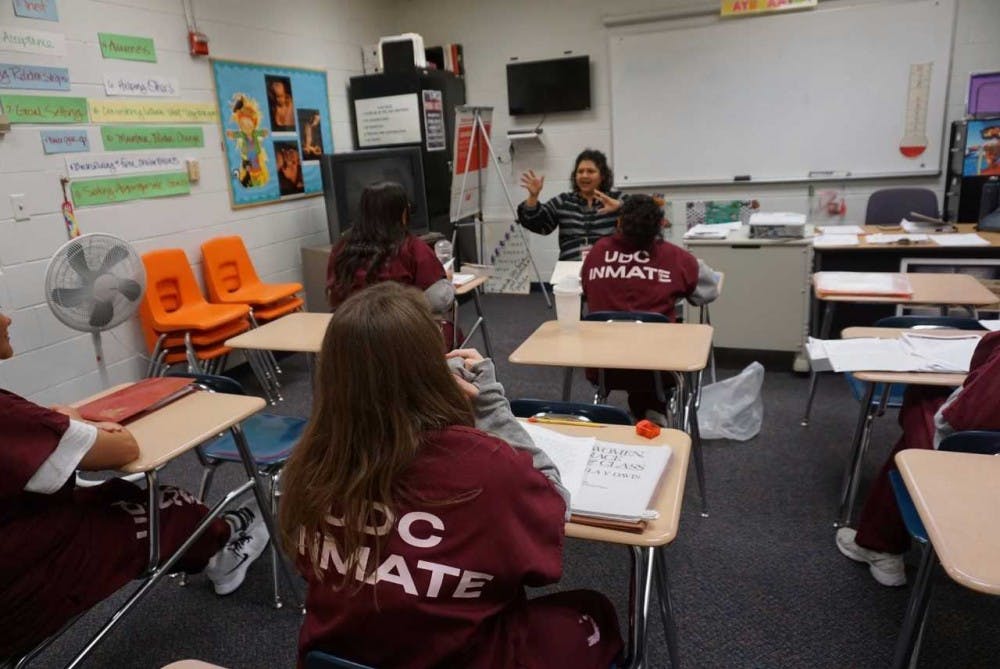Directors of prison education initiatives across the nation are finding many of their formerly incarcerated students — despite having individual merit — are being barred entry to institutions of higher education.
Marc Howard, director of the Prisons and Justice Initiative and a professor of government and law at Georgetown University, said that he believes that colleges discriminate against ex-convicts due to a sense of liability.
“There’s a lot of fear-based thinking that’s not rational, that takes the worst nightmare scenario and puts it forward as though it’s likely to happen — making the decision to not admit someone,” he said. “Which means not giving someone a second chance, when in theory they’ve paid their time, they’ve paid their debt, they’ve been rehabilitated and they deserve a chance.”
Erin Castro, director of the Utah Prison Education Project, said that universities may be trying to reduce risk by not admitting ex-felons.
"The problem with that is that there is no empirical evidence to support the relationship between asking prior criminal history and campus safety," she said.
The Common Application, used by over 700 colleges, requires applicants to state whether they have ever been found guilty or convicted of a misdemeanor or felony.
In 2016, 61 institutions of higher learning, such as New York University and Boston University, signed the Fair Chance Higher Education Pledge. This initiative, launched by the Barack Obama administration, allows universities to commit to fairly admitting students with a criminal background. UNC-Chapel Hill is not among the universities listed as having signed the pledge.
Howard said that when universities decline qualified, formerly incarcerated applicants, they are doing a disservice to both the individuals and society. He further stated that accessible education is directly linked to a reduction of re-incarceration, thus creating a safer nation with less violence and fewer dollars allocated toward maintaining mass incarceration. He cited a 2013 RAND Corporation study, which found education for incarcerated students reduced their odds of returning to prison by 43 percent.
“When (incarcerated students) take just one post-high school course, it’s like a light switch goes off in their mind, and it takes them down a different road,” he said. “Instead of going back into crime, they have more productive pursuits and further their education and integration in society.”




